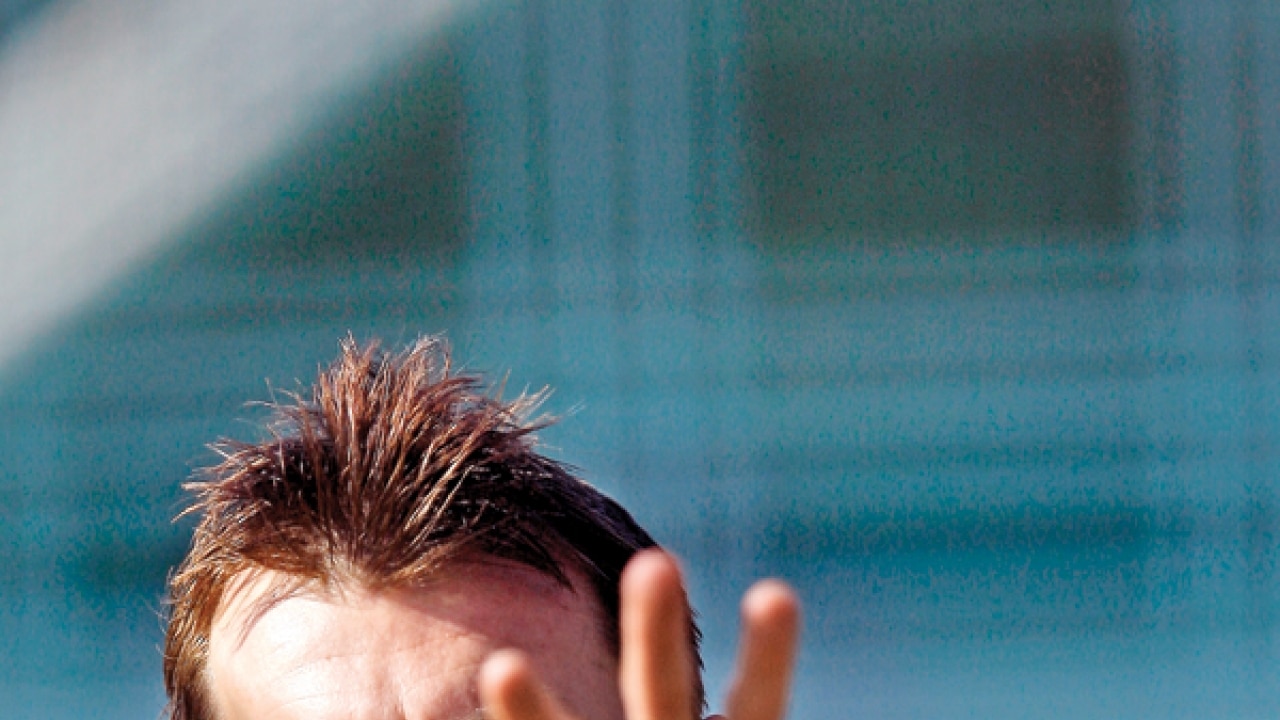
Why did you take up this cause?
I witnessed one of my family members experience hearing loss and the related trauma. I have seen people suffer with no one to look after them. I have been lucky to be blessed with perfect hearing, and through my sport, I would like to convey this message to Indians that if they or anybody in their family are suffering from hearing loss, they should seek help as there are plenty of options available.
What is your view regarding the issue?
There is a misconception all over the world that after the age of 65 years, hearing loss is inevitable. Many senior citizens experience sudden loss of hearing and are unable to interact socially. No one deserves to be deaf, irrespective of the age. Hearing loss can be treated, if the person seeks expert opinion. In India, most senior citizens lose their independence due to hearing loss.
Tell me about the Sound of Cricket initiative?
As a cricketer, I could not imagine living in a world were I could not hear the sounds of Sachin's wicket cracking, or appealing to the umpire, or simply hearing the crowd go 'India jitega' or 'Australia jitega'. Nobody deserves to live in silence. Through the Sound of Cricket campaign, we want that this message to reach a larger audience. People can also visit the dedicated website soundsofcricket.com, where they can access online hearing loss check-list and information to find out if they, or their loved ones, might be experiencing hearing loss. If people wish to seek professional advice, they can use the website to locate their nearest hearing health professional.
What is the scenario in Australia?
Back home, there is enough medical assistance for people – young or old – who suffer from hearing loss. Also, the newborn hearing test is mandatory in Australia. My appeal to the government is that enough support must be provided to people. The government must also make some arrangements for those who cannot afford implants. That goes for the corporate houses as well.
Have you met anybody who underwent the procedure to get cochlear implants?
During my India tour, I met a little boy with implants. The experience was humbling. Last evening, I played cricket with some children at Bombay Gymkhana and their sound of appeal, and their huddles and cuddles melted my heart. I also had the honour of visiting a lovely lady, Jasmine Shah, who suffers from a unique syndrome called Usher syndrome. It is characterised by hearing loss and a gradual visual impairment. Jasmine started losing her hearing at the age of 11 years. She completely lost her hearing when she was 16 years old. Her father invested a lot of effort in ensuring that she finished school. After losing her vision, however, at the age of 18, she found it extremely difficult to communicate. She had been trying to regain both her senses ever since. Finally at the age of 32, she got a cochlear implant, which restored her sense of hearing. Today, she dons multiple hats, those of a diligent home-maker, a caring wife and a doting mother. She attends her daughter's school meetings and takes her out with friends.